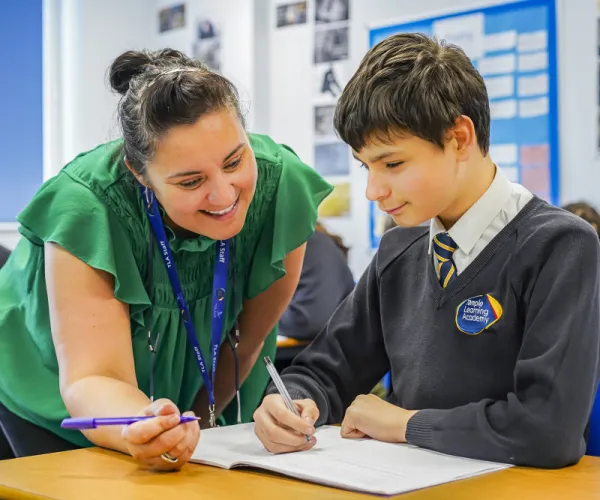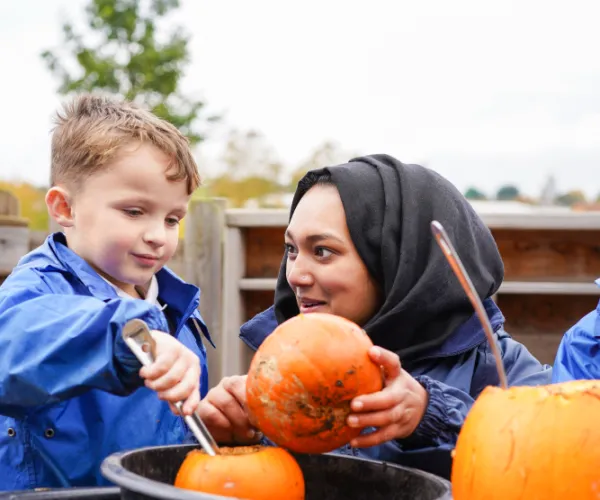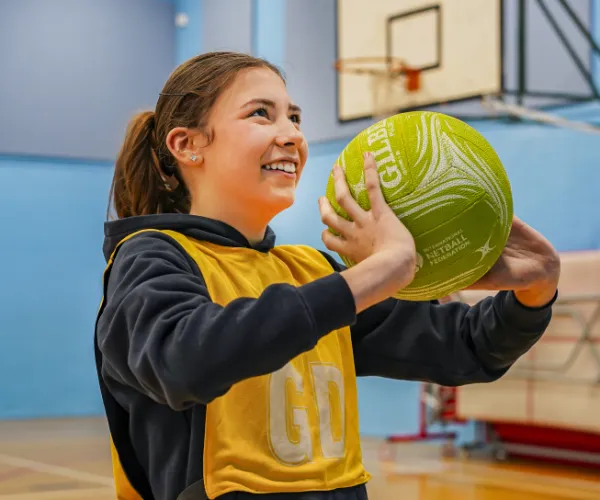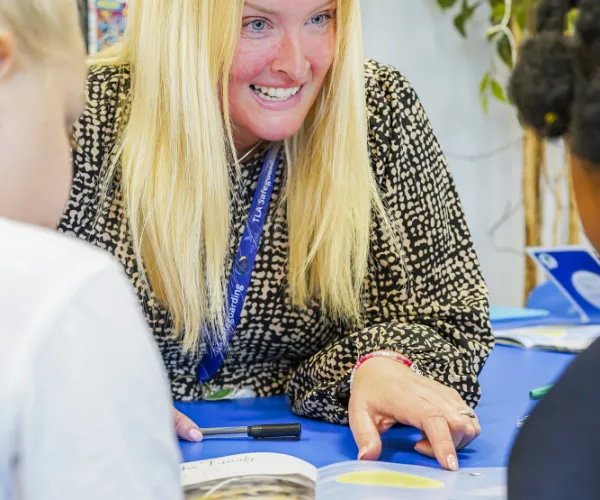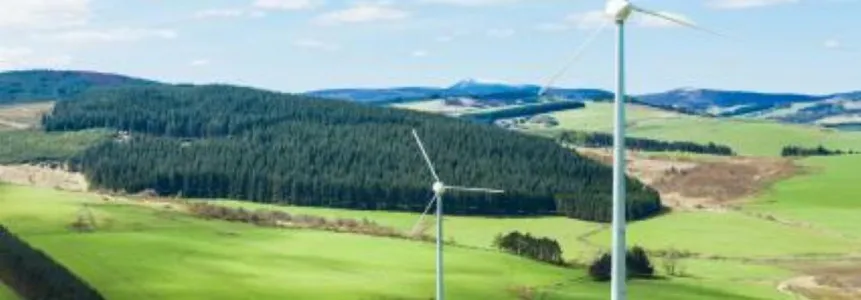Year 7
Students start the year with a local investigation of what Leeds is like, developing knowledge of human and physical geography within the local area, and how these processes have led to change within Leeds. This is supported through the development of competencies relating to atlas reading, grid references and scale, which are embedded in all topics across KS3 to further develop these skills. During Spring and Summer students investigate physical geography on a global scale and how these natural phenomena are hazards to people on a variety of scales. Case studies explored include regions within the Pacific Ring of Fire, Cyclone Idai, Hurricane Katrina and recent Australian Wildfires.
Topics explored throughout the year:
Autumn – What is Leeds like?
Spring – How dangerous is Earth? and Would you live in Volcanic Regions?
Summer – How wild is our weather? and How does weather affect us?
Year 8
Students begin by studying global biomes of Tropical Rainforests, Hot Deserts and Polar Regions, before exploring how plants and animals have adapted to these delicate environments in the Amazon Rainforest, The Sahara Desert and Svalbard. Investigations then turn to local studies focussing upon the power of water in our world and how it shapes our landscapes. Yorkshire is studied in depth; with the causes, effects and responses to flooding in York explored, followed by management of the Holderness Coast and how people respond to the fastest eroding coastline in Europe. In Summer students turn their attention to human geography and understand why people live where they do across the world. In doing so students focus upon the development of Africa, assessing economic activity, growth and changing human landscapes across the continent.
Topics explored throughout the year:
Autumn – What is our natural world like? and How have we adapted to living on Earth?
Spring – How powerful are rivers? and Is Yorkshire getting smaller?
Summer – Where are all the people? and What is Africa like?
Year 9
Throughout the year students explore global issues such as conflict, inequality and climate change, using detailed country case studies to illustrate this, such as issues with growing inequality within Brazil. How geography and conflict are linked is unpicked, focussing upon impacts on spaces, places and people. Through this we evaluate how country development is affected by conflict, using recent case studies from global conflicts such as those in the Middle East and Russia. The scale and geopolitical power of Russia is investigated, with delicate relationships between states, resources and political ties assessed. In Summer students understand the geographical theory behind climate change, the immediate impacts, and how we can begin to reduce these impacts in the future.
Topics explored throughout the year:
Autumn – Is Geography important in conflict? and How powerful is Russia?
Spring – Is our world unequal? and How important is Brazil?
Summer – How is our climate changing? and What can we do about climate change?
During KS3 students will develop their geographical investigative skills in conducting a short fieldwork study. This allows students to collect their own primary data and develop their data presentation techniques.
At the end of KS3, students can choose whether to continue to study Geography into KS4 and gain a qualification. For those that do not continue to study Geography we hope they continue with their education with a lifelong love of the physical processes which shape our planet, an appreciation of how humans interact with world, and be able to recognise their current and future role within society. We also hope that they will have developed skills such as evaluation, interpretation and analysis which will be supportive when applying knowledge through different contexts and subjects into KS4.

